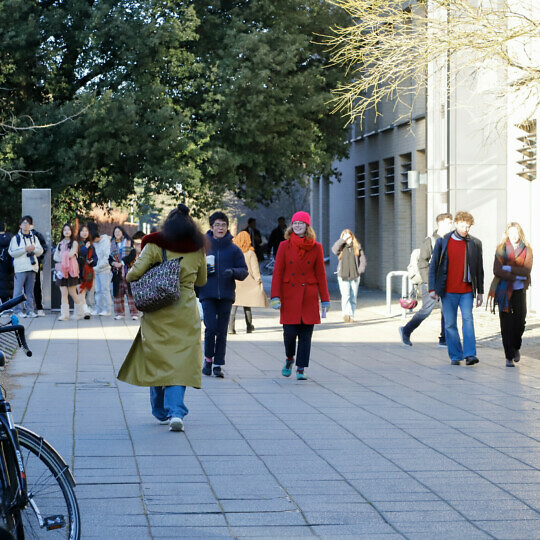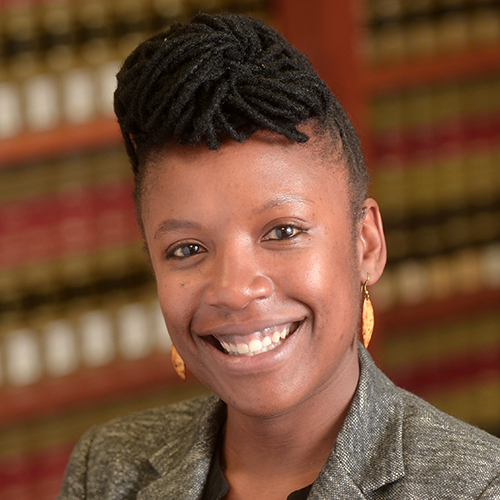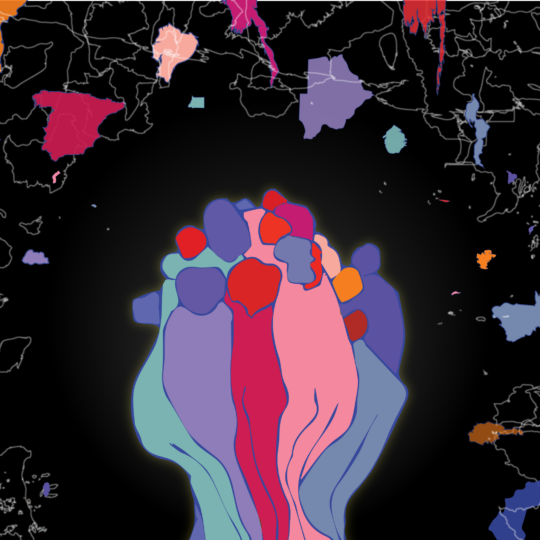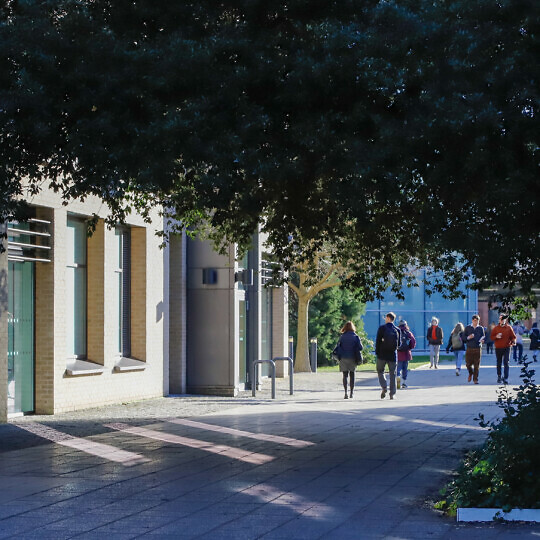| 11 Jan 2018 - 12 Jan 2018 | All day | SG1 and SG2, Alison Richard Building | |
- Description
- Programme
Description
Recordings from the conference are available here.
Convenors
Juliet Griffin (University of Cambridge)
Daniel Williams (University of Cambridge)
Summary
Predictive processing is one of the most exciting ideas in recent cognitive science. It construes the brain as a prediction machine that self-organizes around the imperative to minimize a certain kind of error: the mismatch between its own internally-generated predictions of sensory inputs and the externally-generated sensory inputs themselves. This framework for thinking about the brain can seem radically revisionist. It makes expectations central to the construction of perceptual experience, relegating sensory input to the role of mere feedback on these predictions. It offers a unifying framework for understanding the full panoply of psychological phenomena that make up the mind in terms of a single common principle – often eliding commonsense distinctions in the process. Further, this conceptual radicalism looks to be increasingly matched by an impressive catalogue of illuminating empirical applications as predictive processing and related ideas proliferate across the cognitive sciences.
Predictive Processing: Reconstructing the Mind? will bring together an interdisciplinary group of researchers to evaluate the theoretical and practical implications – and importance – of predictive processing and related ideas (such as the Bayesian brain hypothesis, the free-energy principle, and the importance of 'top-down' influences on cognition more generally).
Key questions will include (but are in no way limited to):
- To what extent does predictive processing constitute a genuine paradigm shift, as some authors have claimed? How does it depart from, and improve upon, previous guiding research programmes in the mind sciences?
- What are the implications – and limitations – of predictive processing and Bayesian approaches for psychiatry?
- What implications does predictive processing have for foundational problems in the philosophy of mind, such as (for example) the status and nature of mental representations, and the integrity of our folk-psychological understanding of ourselves?
- How does predictive processing bear on prominent debates concerning embodiment, interoception, the emotions and their role in cognition?
- What are the most important challenges confronting predictive processing (and related frameworks) in the cognitive sciences? What are the theoretical and practical limitations of these frameworks?
We hope these questions are broad enough that an eclectic group of researchers can speak on what most interests them in this area, yet focused enough to bring participants into fruitful conversation with one another. In addition, we hope this conference will provide researchers active in the scientific disciplines with a welcome opportunity to address the broader, more theoretical implications of their work from a philosophical perspective
Sponsors


Supported by the Centre for Research in the Arts, Social Sciences and Humanities (CRASSH), and the Mind Association.
Administrative assistance: events@crassh.cam.ac.uk
ZEISS Microscopy's image is licensed under the following Creative Commons license: CC BY 2.0. No changes have been made.
Unfortunately, we are unable to arrange or book accommodation for registrants. The following websites may be of help:
Programme
| Day 1 - Thursday 11 January | |
| 9.45 - 10.15 | Registration |
| 10.15 - 10.30 | Welcome and Introduction Juliet Griffin and Daniel Williams (University of Cambridge) |
| 10.30 - 12.30 | Session One Sam Wilkinson (University of Edinburgh) 'On the explanatory power of the predictive processing framework'
Kelly Diederen (King's College London) 'Insights into predictive processing from reinforcement learning' |
| 12.30 - 13.30 | Lunch |
| 13.30 - 15.30 | Session Two Katherina Schmack (Charité Universitätsmedizin Berlin) 'Priors in psychosis: overly weak or overly strong?'
Matthew Parrott (University of Birmingham) 'Delusional predictions and delusional explanations' |
| 15.30 - 16.00 | Break |
| 16.00 - 17.00 | Session Three Paul Fletcher (University of Cambridge) 'Perceptions and Beliefs in Psychosis' |
| Day 2 - Friday 12 January | |
| 9.00 - 11.00 | Session Four John Michael (University of Warwick) 'A predictive processing approach to understanding social cognition in borderline personality disorder' Anil Seth (University of Sussex) 'Predictive processing and visual phenomenology' |
| 11.00 - 11.30 | Break |
| 11.30 - 12.30 | Session Five Katerina Fotopoulou (UCL) 'Mentalising homeostasis: the social origins of interoception and self-awareness' |
| 12.30 - 13.30 | Lunch |
| 13.30 - 15.30 | Session Six Jakob Hohwy (Monash University) 'The philosophy of the free energy principle'
Karl Friston (UCL) 'Reflections on the free energy principle' |
| 15.30 - 16.00 | Break |
| 16.00 - 17.30 | Session Seven: Panel Discussion Katerina Fotopoulou (UCL) Karl Friston (UCL) Jakob Hohwy (Monash University) Anil Seth (University of Sussex) |
| 17.30 - 18.00 | Drinks Reception |













